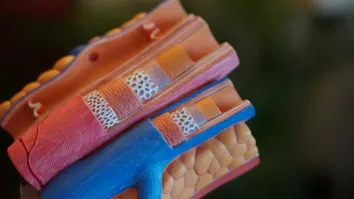
Rising elderly population boosts Japan's TAVR market
In Japan, TAVR is indicated for patients with severe aortic valve stenosis.
The transcatheter aortic valve replacement (TAVR) market in Japan is expected to exceed $450m in 2025, driven by a rising prevalence of aortic stenosis in elderly population, according to a report from GlobalData.
Japan accounted for over 60% of APAC’s market in 2020. “In Japan, in elderly population, TAVR is more preferred over surgical aortic valve replacement (SAVR) for aortic stenosis by healthcare professionals due to its short hospital stay, less risk of exposure to infection as it is a ‘minimally invasive’ procedure,” GlobalData’s medical devices analyst Anusha Kaushik said.
More than 43 million of the Japanese population is 60 and above. In Japan, TAVR procedures are mostly performed in the 75 years and above age group with fewer than 10% of patients treated with TAVR being below the age of 75 years.
Based on GlobalData analysis, in Japan, the percentage of patients receiving TAVR that are under the age of 75 years is expected to increase to about 20% in the next five years.
Currently, TAVR is indicated for patients with severe symptomatic aortic valve stenosis, but expanding the TAVR indication to include mild aortic stenosis and moderate aortic stenosis will lead to a higher patient pool eligible for receiving TAVR, Kaushik said.
“Positive clinical trial results showcasing safety and effectiveness of TAVR devices, new device approvals, increased physician awareness and training are expected to drive the growth of TAVR market in Japan,” Kaushik added.



















 Advertise
Advertise






